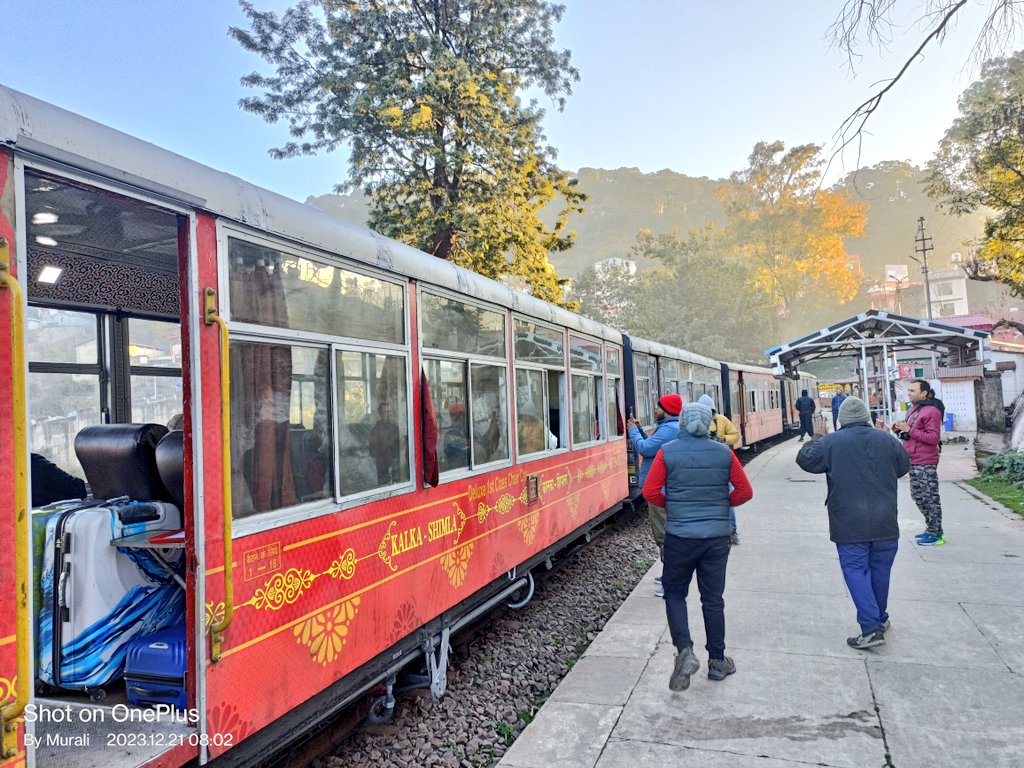
By Nirendra Dev
At the time when a modified version of Women Reservation Bill has been introduced in the new building of Indian parliament, it is pertinent to reflect the state of women in political affairs across the world.
An official booklet circulated some years ago by the Rajya Sabha Secretariat said “it is an accepted fact that without being proportionately present in the political system”, a group or women’s ability to influence policy making is rather “limited”.
This brings us to the debate on the need for the Women Reservation Bill. At the global stage, equal participation of women and men in public life was one of the cornerstones of the Convention on Elimination of All Forms of Discrimination against Women (CEDAW)
adopted by the UN General Assembly (UNGA) in 1979. India is a signatory to the convention.
But it is also true discrimination in matters of representation of women in decision-making, thatis power-politics bodies, continued. Of course the official explanations have been that different policy measures were/are being introduced to bring about gender balance in political institutions.
About 20 years back and more; this issue used to be discussed and debated even at internationallevels. Initially, a smaller number of seats were reserved in some countries but this did not help. Thus, it was thought to be increased.
Surveys had revealed that women constitute more than 50 percent of the population in most countries but worldwide they held only less than 16 percent of the parliamentary seats.
Here to cite instances, in Uganda, 56 seats – one elected in each district was introduced. In Tanzania, 20 percent of the seats were reserved for women. In some countries, also a different methodology was adopted. Reserved seats could be easily filled by appointment as in Kenya and even some Arab countries.

In general arguments pushed for encouraging some reservations across the globe included –
* Women experience is needed in political life
** Only women (inadequate numbers) can represent the diversity of women
*** How could it be held right that women occupy less than 16 or 18 percent?
of the parliamentary seats in the world; but men could occupy 80 percent and above
**** For voters the choice is ‘expanded’ because now they can vote for women; and at the
same time political parties can come out of the tendency to nominate only men.
Most encouraging factors have been the outcome of introducing gender quotas.
Some years back it was argued that a dramatic change had taken place in the global ranking of countries. After quota system, countries such as Rwanda, Costa Rica, Argentina, Mozambique and South Africa got ‘placed’ very high in the world league of the Inter Parliamentary Union.
Following this, five Nordic countries Denmark, Finland, Iceland, Norway and Sweden which were at the top ‘got challenged’, this was claimed in ‘Women, Quotas and Politics’ by Drude Dahlerep.
There have been certain surprising elements associated with the issue of women quota even in some advanced and western countries.
Some political parties in France till a few years ago showed tremendous resistance to complying fully with the law giving women reservation. They even preferred to pay a fine rather than include women on their lists.
But the intervention by law has helped change the ground scenario.
From paltry 5.6 percent women in 1995, by 2008, the French Senate had 17 percent women. France opted for the law in 2000.
In February 2002, the Belgian Constitution affirmed the principle of equality between women and men by including a specific provision in an amendment to Article 10.
After adoption of this law in 2002; compared to its 1995 figures; women elected members in that country rose from 12.2 percent to 35.3 by 2007-08.
Of course it can be also stated that over the past decade and more, the Middle East and North Africa (MENA) region has witnessed a consistent, though slow, increase in the presence of women in legislative bodies.
Algeria, Morocco and Tunisia “opened the door” for increased levels of female representation but still
the mechanisms do not appear to have a significant immediate impact on the appointment of female politicians to influential legislative committees in Arab parliaments.
Even after gaining access to the political realm, women continue to be marginalized from the bodies where important policy deliberations and concessions occur, studies say.
One advisory note that has surfaced is that the ‘fast tracking’ of women into legislatures through gender quotas is not necessarily accompanied by sufficient sensitization among the parties and voters to the need for more women in political life.
In other words, political parties which have been male bastions all across need to be further encouraged to revise their statues and admit more women into their internal structures and also field them as candidates.







